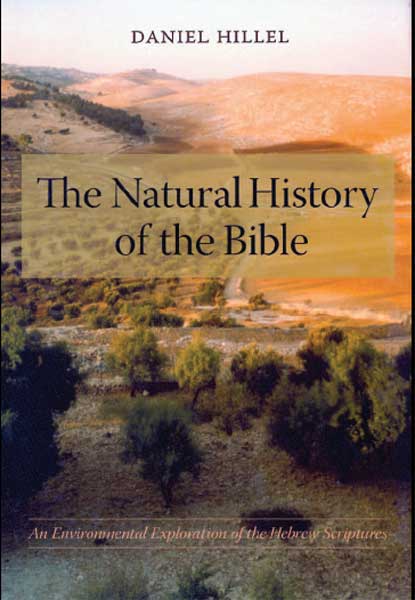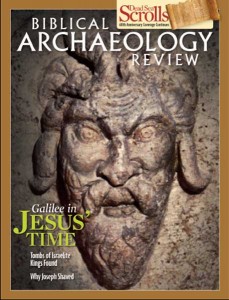
In The Natural History of the Bible, Daniel Hillel combines a wealth of scholarship from the fields of history, archaeology and Biblical criticism, but above all, from the environmental sciences, to illustrate the profound effect that environment played in shaping ancient Hebrew society and culture. Long overlooked, or relegated to mere background if considered at all, Hillel puts the ecological setting of the Hebrew saga front and center.
Following the broad outline of Biblical history, he takes us through each of the different physical environments of the Hebrew experience: the irrigation ecology of southern Mesopotamia, the initial settlement in the arid range of southern Canaan as non-sedentary pastoralists, the period in Egypt and encounter with the second great riverine civilization of the Ancient Near East, wandering through the deserts of the Sinai and Negev, settlement in small permanent villages in the central hill country and undertaking, for the first time, the demands of rain-fed agriculture, engagement with the Philistines and Phoenicians in the maritime sphere, the urban context of Jerusalem, which served as the crucible for national and religious cohesion, and the upheaval of the Exile, a time of disparate surroundings as the nation negotiated relocation and continued existence in Babylon, and repatriation to the homeland.
Already a library member? Log in here.
Institution user? Log in with your IP address.

